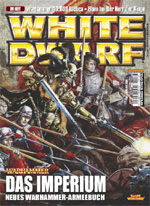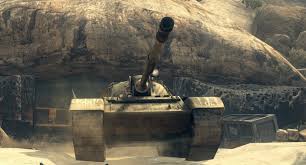The Evolution and Impact of Warhammer

Introduction
Warhammer, the renowned tabletop game franchise created by Games Workshop, has become a significant cultural phenomenon since its inception in 1983. Its engaging gameplay, intricate lore, and community-centric approach have not only influenced the tabletop gaming industry but also expanded into video games, novels, and various forms of media. This article will explore the evolution of Warhammer, its cultural significance, and its continued relevance in today’s gaming landscape.
The Origins and Evolution of Warhammer
Warhammer began as a simple tabletop wargame, allowing players to create armies made up of miniature figures, set in a rich fantasy universe. The original game, Warhammer Fantasy Battle, introduced players to a detailed world filled with epic battles among diverse races like humans, elves, and orcs. The success of this initial offering led to a range of spin-offs, including Warhammer 40,000, a science-fiction version set in a dystopian future where humanity struggles for survival against various alien races.
As the franchise expanded, so did its community. Annual events such as the UK Games Expo and Warhammer Fest have fostered a thriving culture where enthusiasts gather to share their passion for the game, participate in tournaments, and showcase their custom-painted miniatures.
Warhammer in Popular Culture
The impact of Warhammer extends beyond tabletop gaming. The franchise has spawned successful video game adaptations, such as Total War: Warhammer and Warhammer: Vermintide, which have brought the rich lore and epic battles to life in digital forms. Additionally, the Black Library publishes a vast range of novels that delve deeper into the lore, further enriching the Warhammer universe.
Television adaptations and animated series are also in the pipeline, signalling Warhammer’s ambition to expand its reach within popular culture. With the recently announced Amazon Prime series, interest in the franchise is expected to surge, attracting new fans and reigniting passion among existing ones.
Conclusion
Warhammer has grown from a niche tabletop gaming hobby into a multifaceted cultural phenomenon. Its blend of strategic gameplay, rich storytelling, and vibrant community has secured its place in the hearts of fans around the world. As the franchise continues to innovate and adapt to modern media, Warhammer’s enduring legacy is poised to captivate new generations. This evolution, marked by an ever-growing community, exploration of new storytelling mediums, and continued gameplay advancements, signifies Warhammer’s importance in both the gaming industry and contemporary culture.








